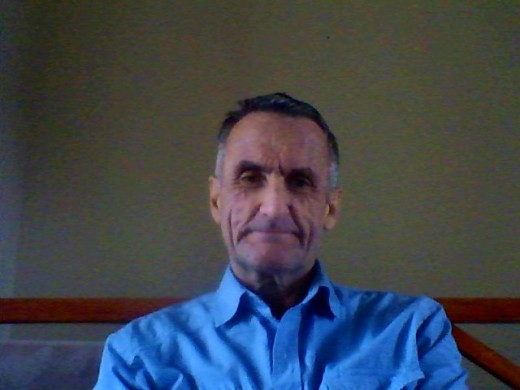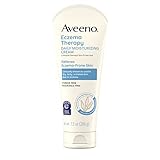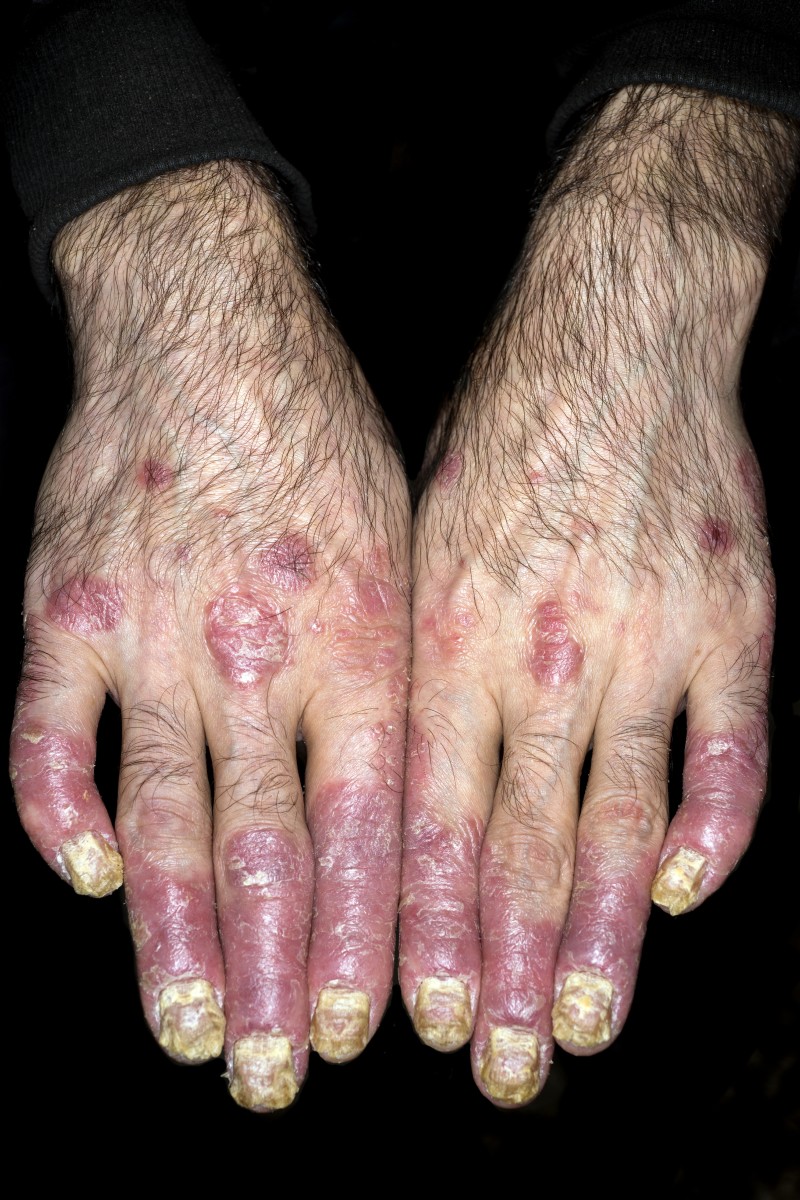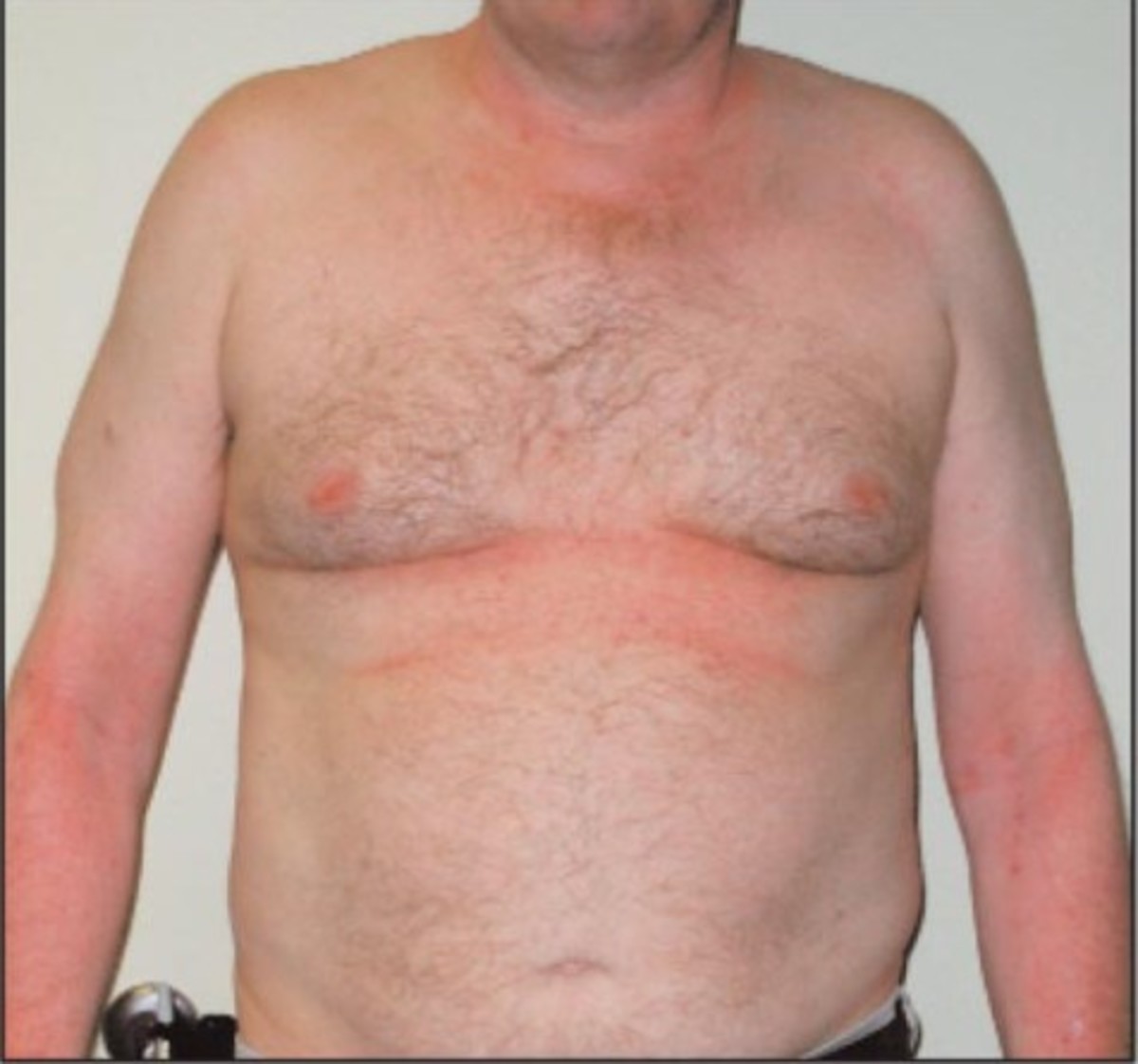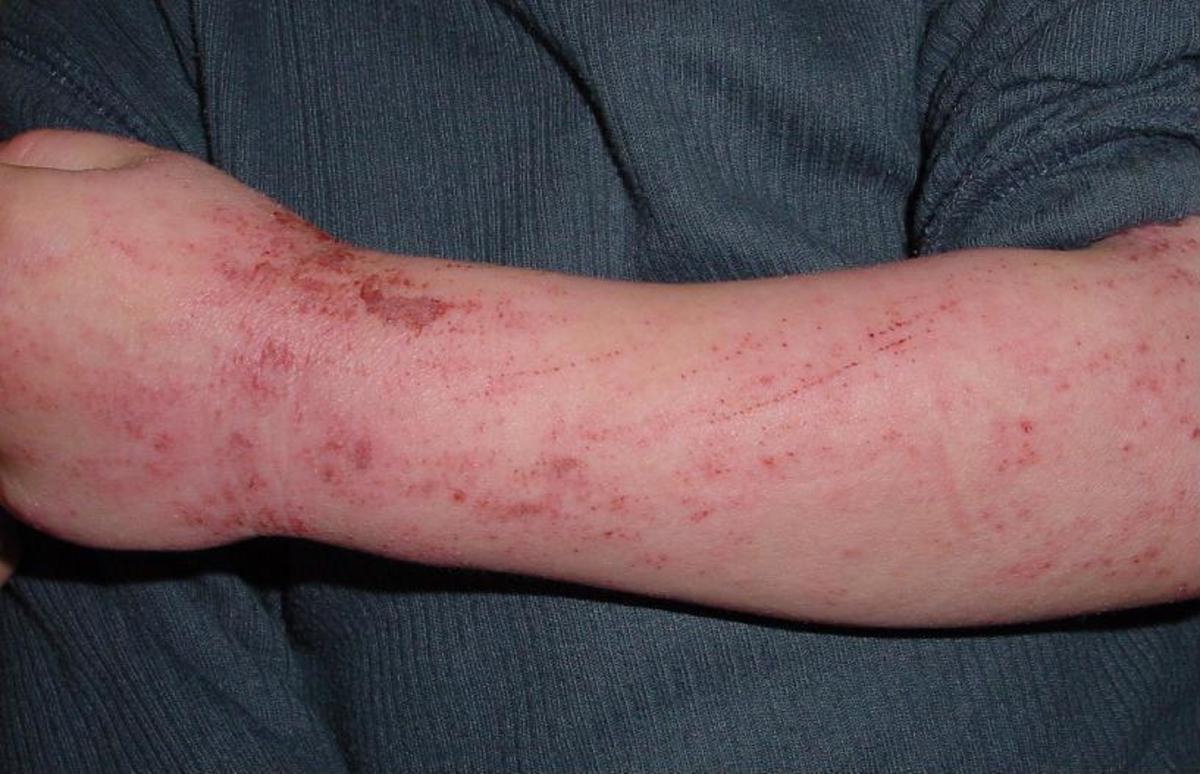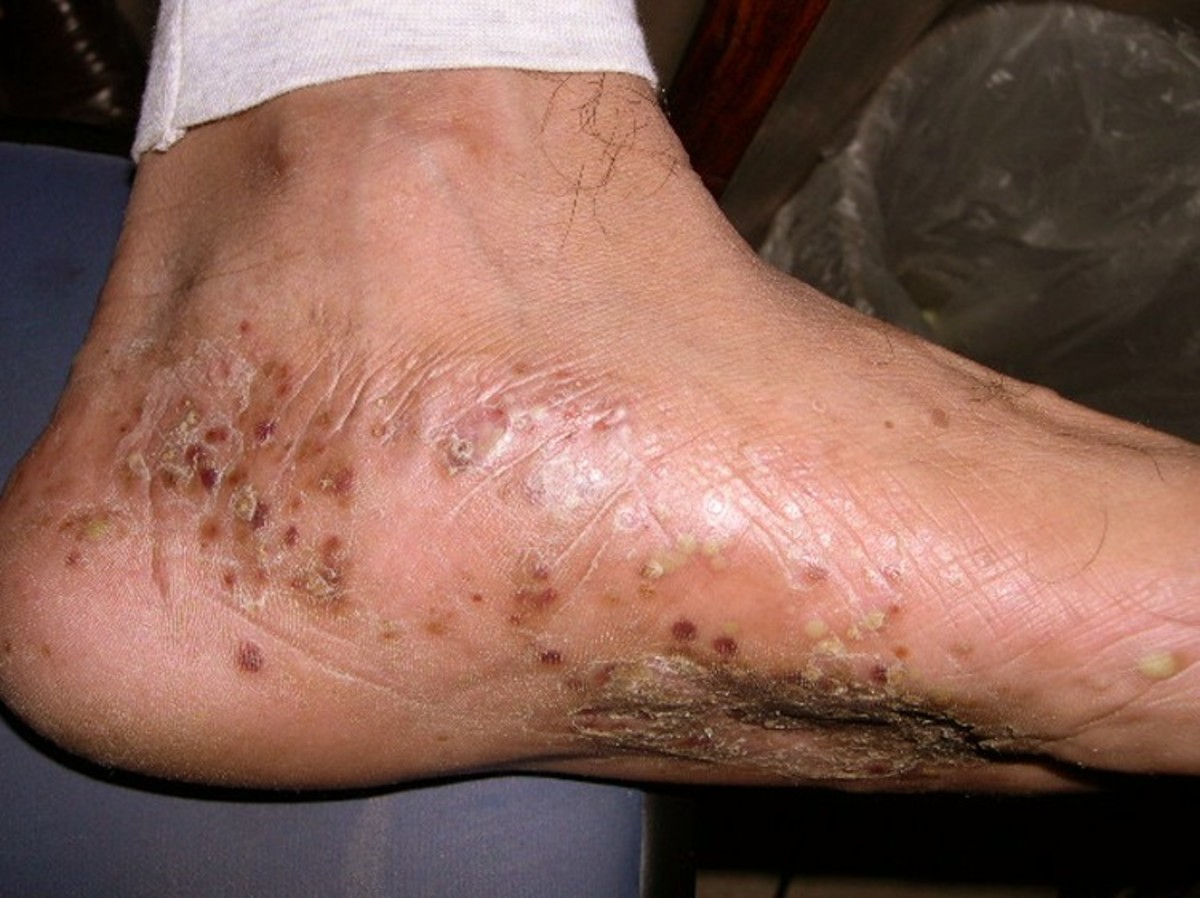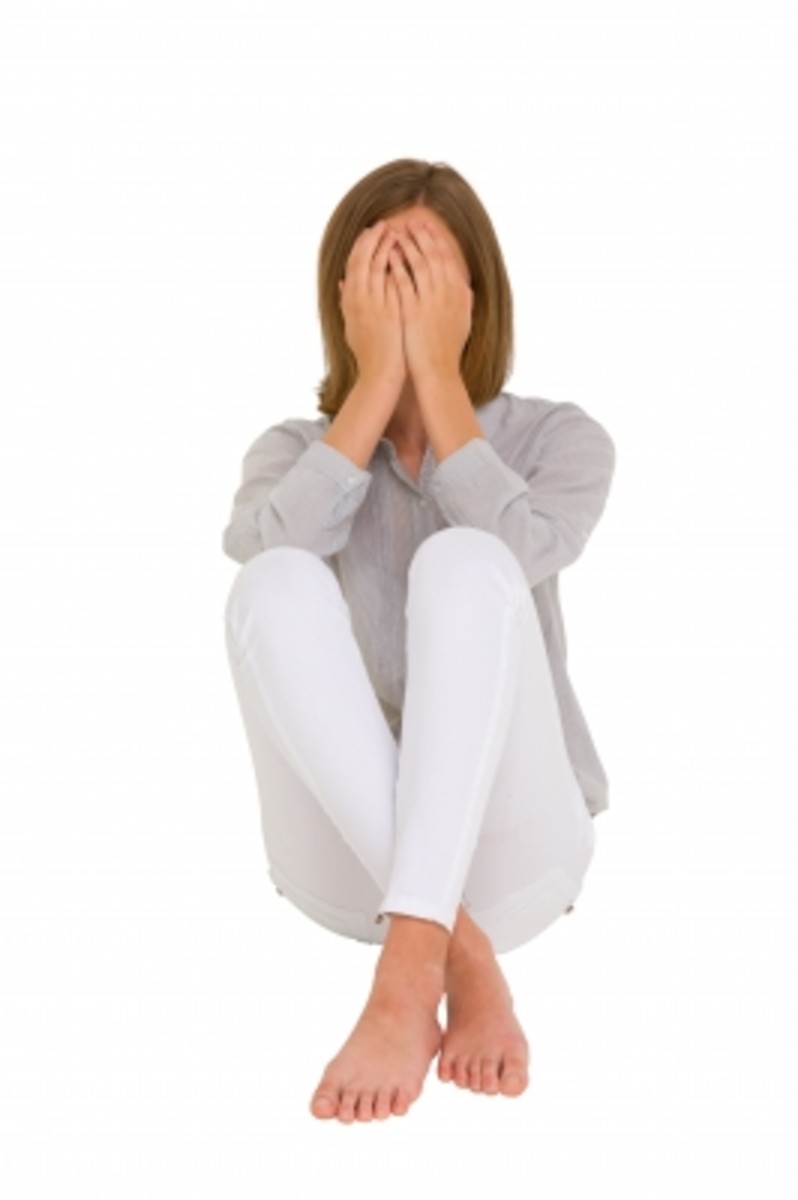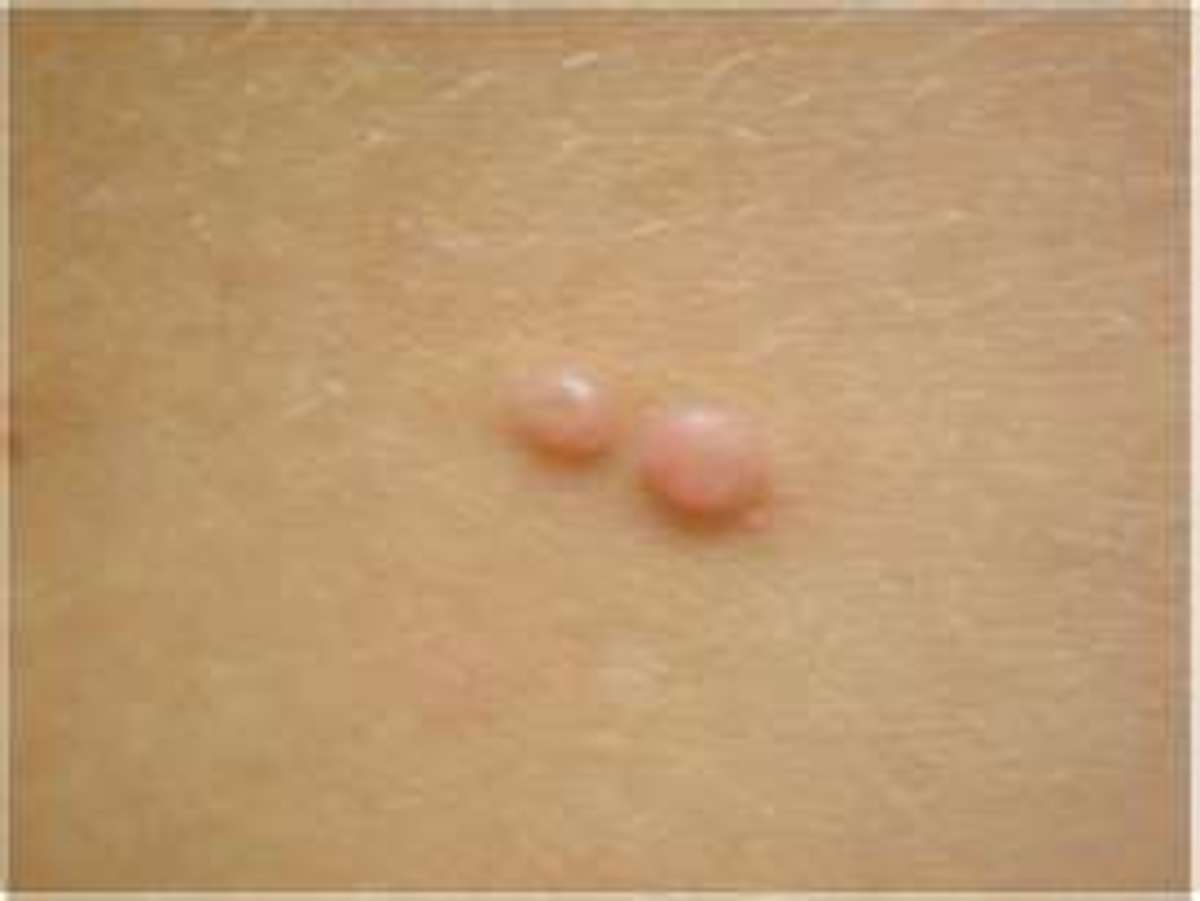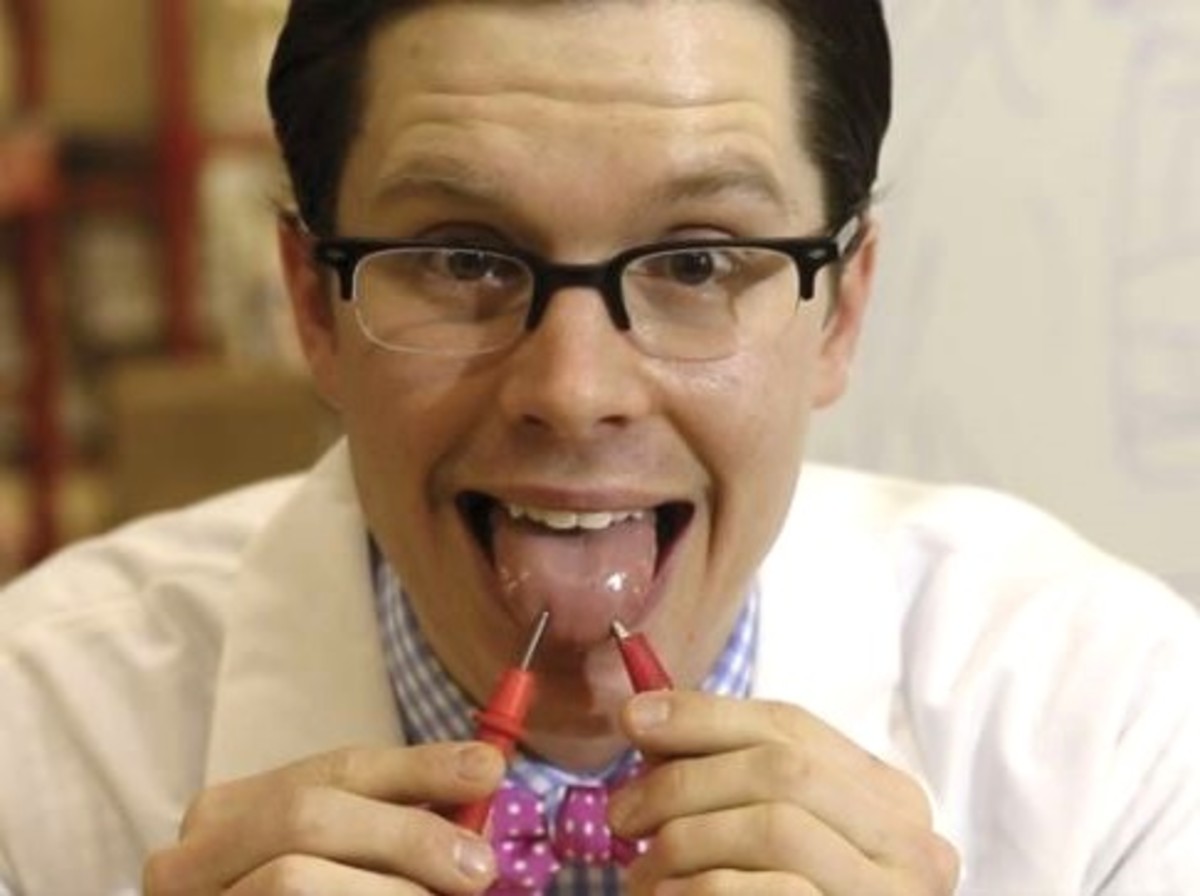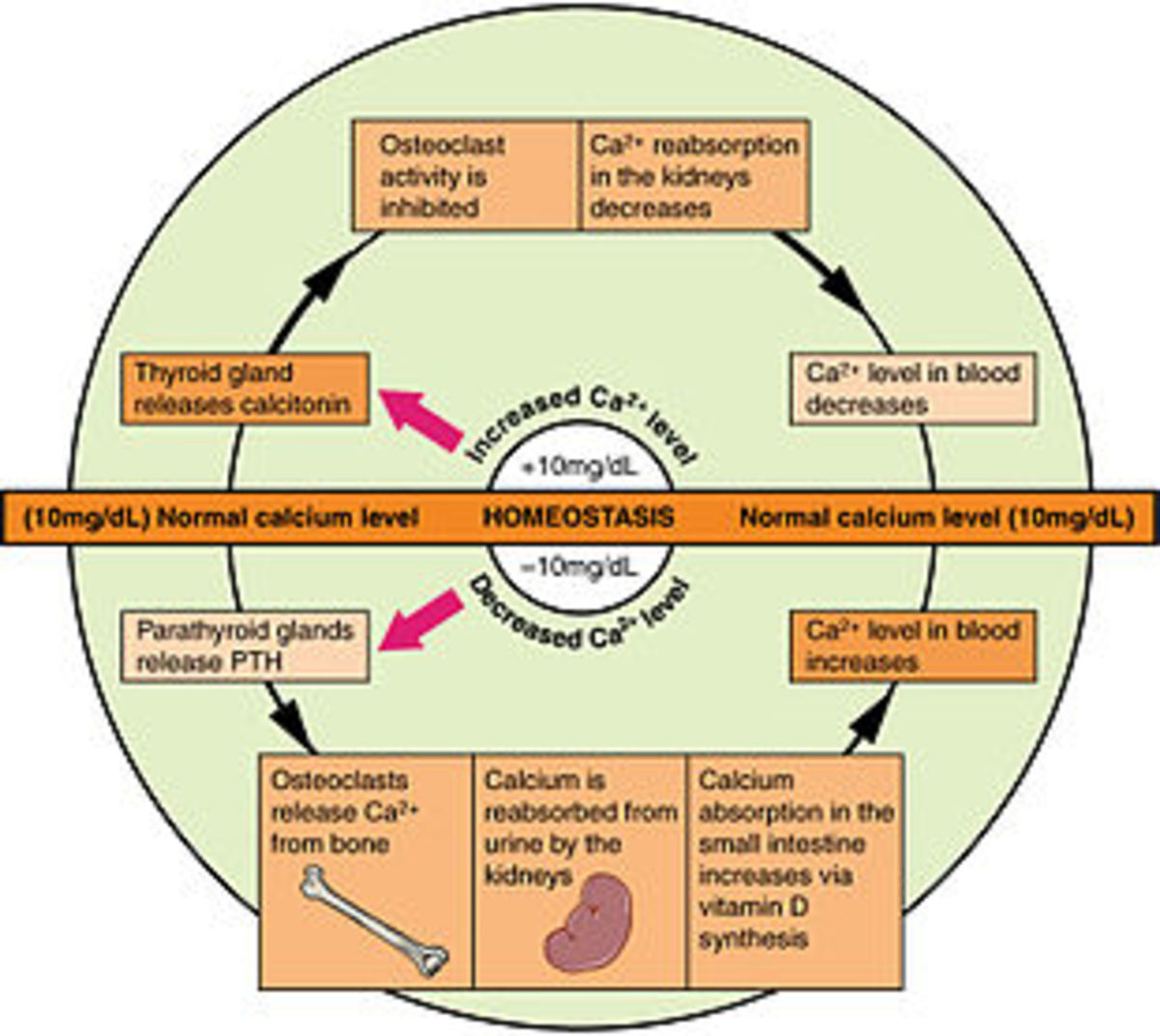My Struggle With Atopic Eczema, a Skin Condition
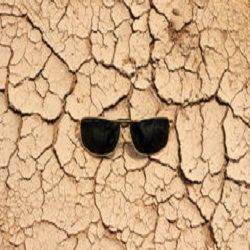
As a Child, As an Adult
Atopic eczema is a skin condition in which areas of the skin become red, itchy and inflamed - an angry looking rash appears. Lesions might appear on the skin too. I have had this condition since infancy - at this time it was severe.
It still bothers me to some extent; my hands seem to be the most problematic area these days.
Over the years of my life I have experienced problems with atopic eczema in varying degrees; this condition is unpleasant and can make a person very unhappy. I have read of others who find it a real problem. Their thoughts and feelings on the condition they have are similar to mine. On the other hand I need to count my blessings; I am still alive and have basically learnt to live with it.
Is It Really That Bad?
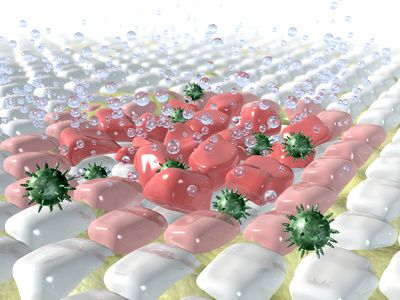
I am sure some may wonder how something like eczema can be such a big deal. The reason is that it itches like crazy, one scratches the area, the skin breaks open and becomes painful, one scratches it again because the itch is unbearable or you scratch in your sleep and eventually with this repetitive itching and scratching going on, infection can result. With constant night-time scratching the skin becomes raw and painful.
The atopic syndrome is a tendency toward having allergic reactions. These may include asthma, hay fever (rhinitis) and food allergies. I have had problems with asthma in the past and still suffer a lot with rhinitis. I'm still not sure about food allergies; I did have tests done but I am still uncertain about the role they play in my problem. A dietician put me on a diet that eliminated all the foods that I was found to be allergic to, but this did not seem to help reduce the eczema.
I am sure allergies do play a part; especially contact ones like house dust mite, animal dander, some cosmetic products and air-born ones like pollens and pollution. Eliminating them as much as possible should help.
There does not seem to be a definite known cause for atopic eczema, it's been said that the atopic syndrome might have hereditary aspects associated with it. Neither of my parents had it but two of my siblings did experience it as children and we still have very dry skins and a predisposition to outbursts of eczema.
It has also been said that genetics might play a part; production of a certain protein in the body which helps in water retention in the outer layer of the skin is affected and cannot do what it's supposed to do. There are some comprehensive explanations in books, magazines and on the internet regarding atopic eczema and it's relation to genetics and T-cells, but I won't go into those here.
Childhood and Teenage Years
As a child I was not so aware of the eczema problem; I knew that my skin was dry and itchy and I used creams for it; that my hands got sore at times, but it didn't affect my mental state too much, as far as I remember. A few years ago when I met up with a friend of the family who I hadn't seen for some time, we were chatting and he mentioned his memories of seeing the terrible eczema that I had as a child.
I grew up in a fairly normal home, went to school and played outside a lot, had friends and had a good childhood. I played sports at school including taking swimming lessons; life was good to me as a boy. This is probably why I didn't notice the eczema too much.
Later I attended a boarding school in the country and it was there at school, when my teenage years came along that I started experiencing problems and worrying about the rash on my body. Itching caused me to feel uncomfortable because it's something that doesn't go away easily and my hands would automatically gravitate towards the itchy areas and scratching soon resulted.
Feeling self-conscious didn't help because I then became quiet and introverted. I would imagine having acne must also be cause for anxiety amongst sufferers of it, because of how it looks, as well as being sore. My rash made we want to hide away from people and not engage in any excessive social interaction.
Unfortunately It Got Worse
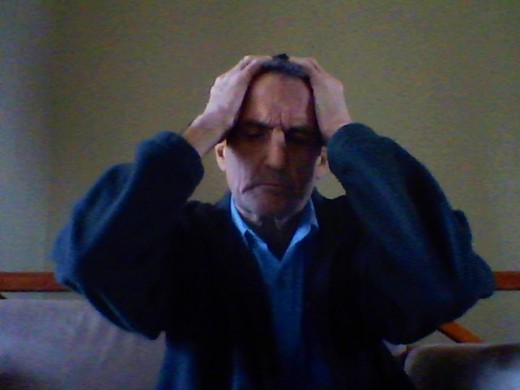
Then I got over that to some extent and some rigorous exercise during compulsory basic military training helped me to almost forget about the problem. However winter arrived that year, the training stopped and the itching started all over again. One would think that lots of exercise might be the answer to my eczema, but at school we engaged in a lot of physical exercise, including rugby, hiking and tennis and the rash was present then.
A friend and I planned to go overseas in the late 1970s; I applied for my passport, then the painful eczema and the anxiety it caused me resulted in cancelling my trip to London. My friend went there; he stayed with relatives so was not alone.
I had some patch tests done; the doctor put substances that I came in contact with, on my back, keeping them in place with plasters. I had to wait about an hour before he checked them; soap produced a rash. I now use a neutral or mild soap and attempt to wash all of it off in the shower. Fabric softeners in washing powders are also known to cause allergic reactions on the skin and must be avoided.
I was seeing a dermatologist on a weekly basis; he was giving me different creams to use but the problem persisted. I found some employment working in an office; a few of my colleagues noticed the eczema on my face, expressing their concern and giving different advice as to what medication to use. I tried some remedies like comfrey cream and others, but nothing seemed to help, cortisone creams helped to control the problem to some extent but the rash was just too extreme for creams to really be of any relief.
Dermatologists have always advised using emollients (moisturizers) but unfortunately in my case they make me itch more, especially the water based ones. I sometimes use them on my hands but finds oils more agreeable.
I had some therapy from psychologists for a while because of the anxiety I experienced: depression was also starting to creep in.
After working in another city for a nearly a year I came home and found another job, also in an office. I was transferred to a small town about an hour and a half's drive from my home. In winter it was cold there; the eczema flared up and became a real problem. A girl I knew saw me in the street one day when on my way to the doctor. At a later time when I saw her she remarked on the day that she'd seen me in the street how my whole face was cracked. Once when seeing the same doctor the T-shirt I was wearing under my long-sleeved shirt was stuck to my skin, which was raw.
I started having to be booked off work for two to three weeks at a time; I went to my home city to recover and it was at this time that the dermatologist started putting me on cortisone tablets. Antibiotics were also prescribed regularly because of the infection that resulted from constant scratching.
At the time I needed cortisone medication because nothing else worked; cortisone tablets cleared the skin, but when I reduced the intake and stopped taking them the problem would return. It would have been fine if I could continue taking cortisone continuously but the side effects can be devastating. Anyone who has had to take a lot of this medication will probably testify to this. Although I can't use a lot of moisturizers, doctors always recommend them and they work for some people.
Moistursizers From Amazon

Being Transferred Home Helped but Didn't Solve the Problem
I wanted to go home but it took a long time to get a transfer back to my home city. Finally I was back in my old office and at times I was okay but a lot of the time not so well. The itching and scratching in my sleep persisted. Then sores appeared on my inner arms and I had to wear bandages for a lengthy period of time. They took years to heal properly. My General Practitioner helped a lot at this time with prescribing the wearing of bandages, medication and overall medical assistance.
The condition was not good and my sick record was starting to escalate, my employees were talking to me about it; my job was on the line. I was struggling to cope with getting up in the mornings to go to work and would ask to be booked off for a while.
A week was spent in hospital, with oral cortisone treatment and moisturizers being applied to my body. This was instituted by the dermatologist I was seeing at the time. The skin cleared but soon got bad again after I was discharged from hospital. A while after this I started seeing a third different dermatologist; ultra-violet treatment was prescribed as well as having to use creams and tablets. After each session of ultra-violet treatment I felt like I had been in the sun for hours; it burnt but did help to some extent. Unfortunately it was not a permanent cure.
I began seeing a psychologist again and remember him explaining to me how the condition was a part of me but not all of me. This helped because I had become stressed to the point of where, all I could think of a lot of the time was how sore and uncomfortable I felt. It also seemed to make it difficult to carry out simple tasks sometimes, I would walk around scratching while I was trying to do other things and this caused a kind of mental disturbance.
I started seeing a psychiatrist who put me on anti-depressants as well as lithium. He could see I was struggling to maintain a normal lifestyle; it was interspersed with periods of normality when I was a bit better and others of depression when the itch and soreness became unbearable. I seldom spoke to my work colleagues about it; I'm not sure what they thought because, apart from my hands and face, they couldn't see the areas of the skin that were often inflamed.
I began seeing a fourth different dermatologist; he was very considerate and used different treatments to try to control my problem. He said that of all the patients he treated for eczema, mine was the worst.
Keeping myself occupied with various activities has sometimes helped me to forget about myself and feel blessed to be alive and have family, friends, a church community and doctors who care.
After working for quite a number of years I finally had to leave my job for health reasons. I then started working from home or taking on odd jobs. Atopic eczema continued to ravage my body, being worse sometimes than at other times.
Despite the inconvenience that atopic eczema has caused me during all the years of struggling with it I managed at different times to engage in various activities such as going to gym for a while, taking dancing lessons, joining singles groups, walking, jogging and later cycling.
Now in my late fifties my skin isn't as bad as it used to be and I have a lot to be thankful for. Writing is helping me to express myself and reading about others who are worse off helps me to count my blessings.
If you have atopic eczema please share with me your thoughts in the comments section and participate in the polls.
Doing a Lot Better
